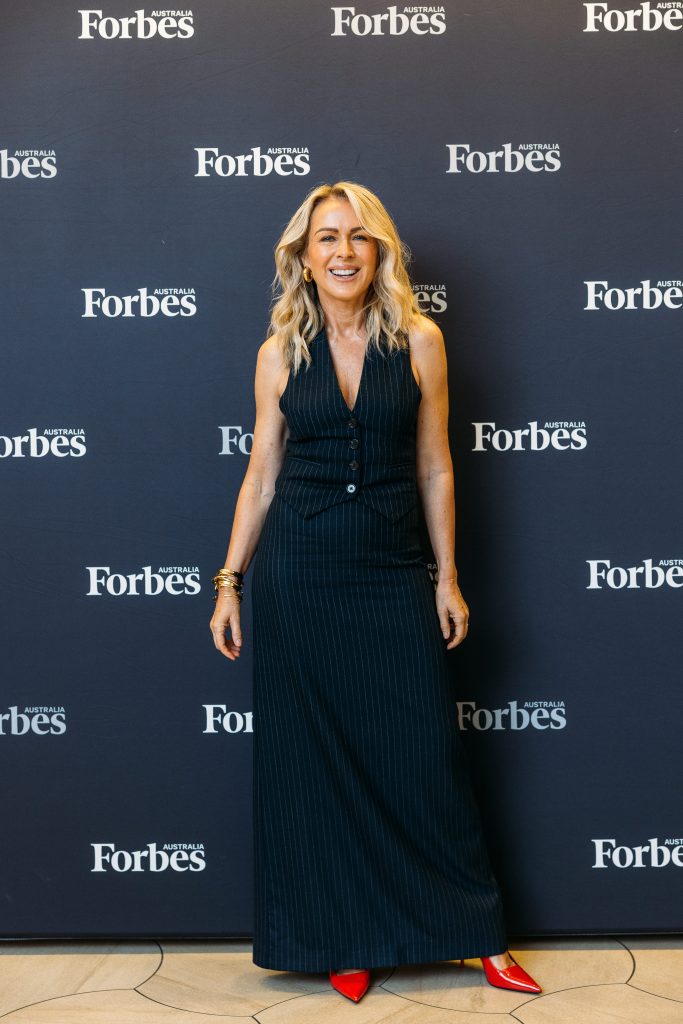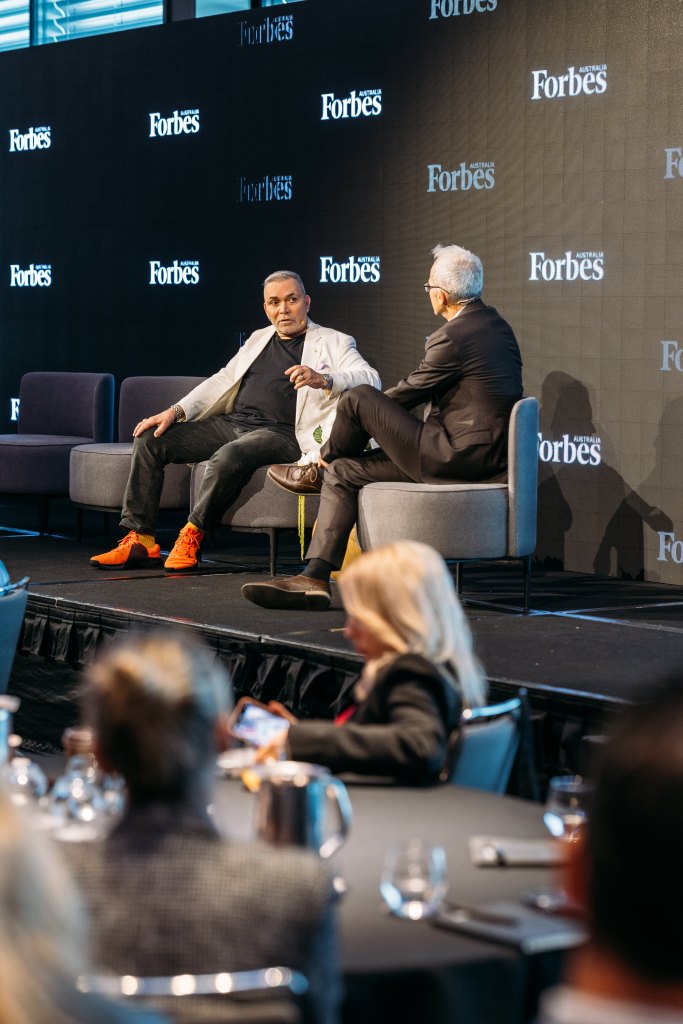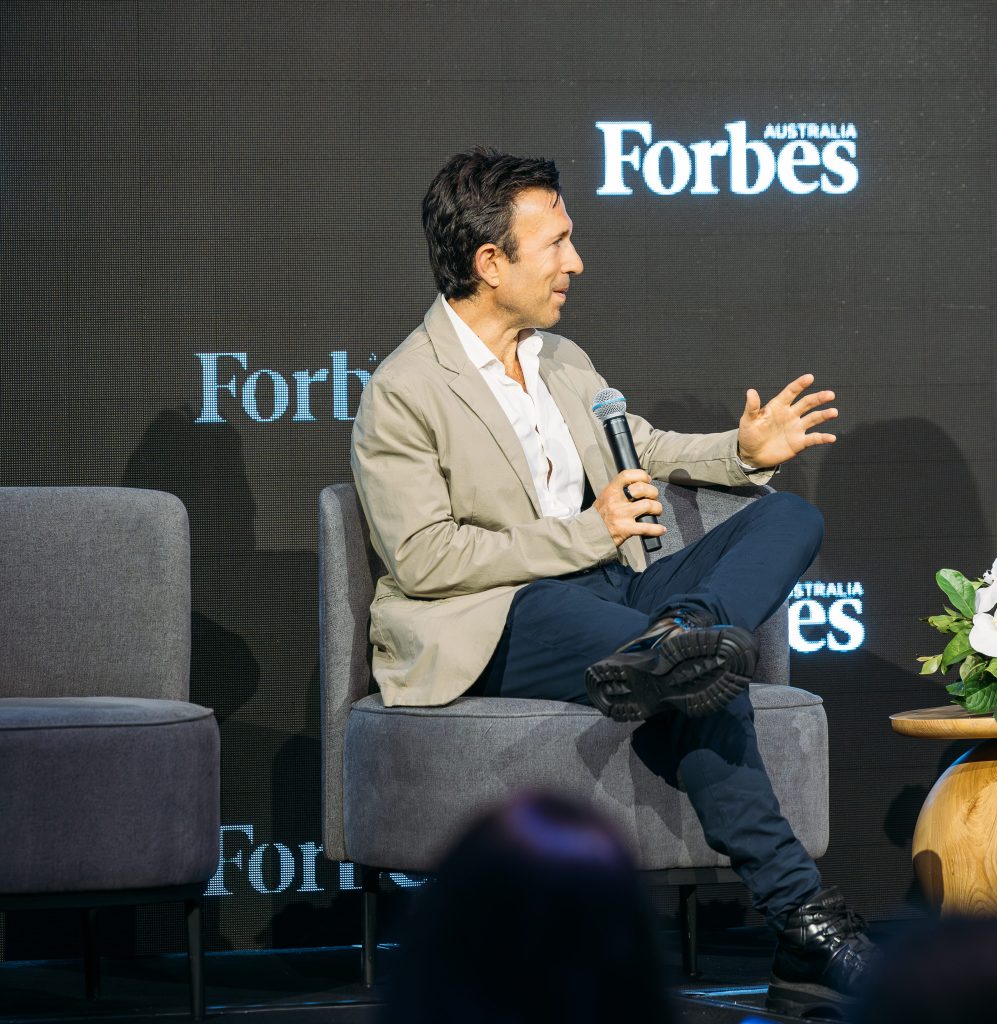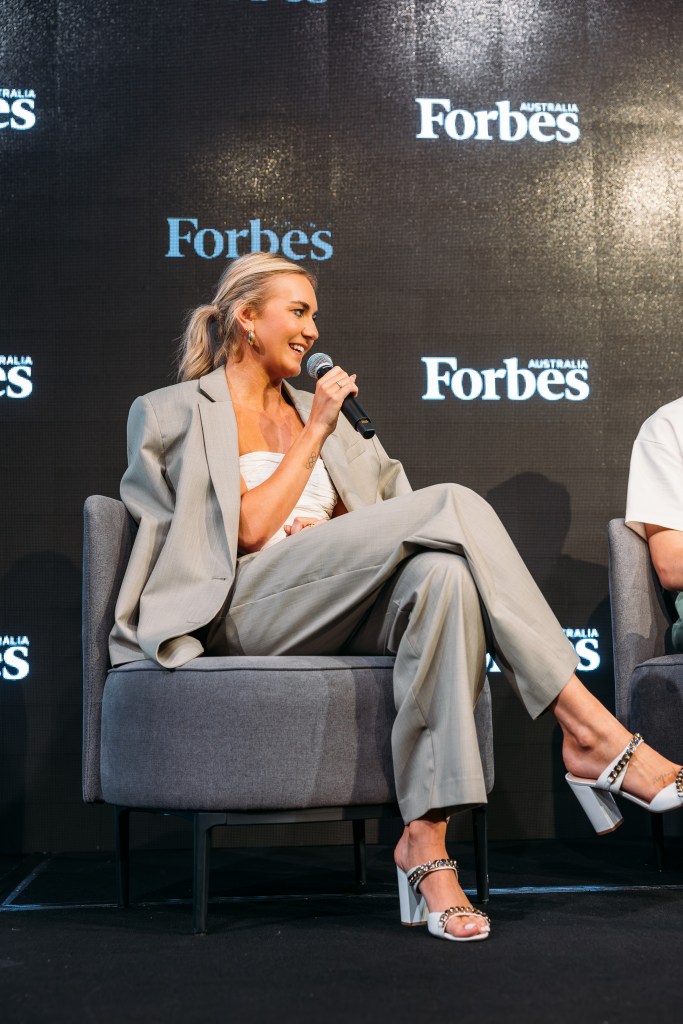The future is coming fast, and industries from fashion to finance are bracing for dramatic shifts in 2025. From navigating global trade tensions to harnessing AI’s transformative power, industry leaders are rethinking strategies to stay ahead.

We asked industry leaders at the Forbes Australia Business Summit: “What trend will most dramatically impact your industry in 2025, and how are you preparing for it?”
Lorna Jane Clarkson – Founder, Lorna Jane
The woman behind Australia’s beloved activewear giant believes Donald Trump’s re-election, trade policies and ongoing US-China tensions will challenge brands reliant on Chinese manufacturing and exports to the US.
“If you’re in the fashion industry and exporting to the US while manufacturing in China, there are going to be a lot of factors to navigate,” she said. “We are exploring manufacturing options in various countries due to tariffs and other challenges. You can see the changes happening, and it’s important to prepare yourself and position yourself accordingly.”

Peter Freedman AM – Founder, RØDE Microphones
Artificial intelligence is transforming every facet of RØDE’s operations, from engineering to product development and manufacturing. Freedman highlighted a three-year, $100 million AI program aimed at revolutionising audio and video technology. He also discussed plans to open a manufacturing facility in the US to diversify operations amidst changing geopolitical dynamics.
“We’ve got a three-year, $100 million program for AI, for both product and systems. It’s bloody exciting. Don’t be scared of it—just jump in. It’s the best thing in the world.”

Anthony Eisen – Co-founder, Afterpay
The Afterpay co-founder believes digitisation of payments will transform how money moves, focusing on speed, simplicity, and transparency.
“I think in payments and money and consumers and commerce and just living your life, I know this is almost going to sound old fashioned now, but digitisation is kind of everything,” Eisen told Forbes Editor-in-Chief Sarah O’Carroll.
“Not to make it more complicated, just to make it more simple. The thing about Afterpay was it was simple… the digitisation to make money move faster and simpler is where absolutely I think things are heading at a rate of knots.”

Ariarne Titmus – Olympic Swimmer
Efficiency in training is revolutionising competitive sports, says Australia’s golden girl and Forbes 30 under 30 alumni. Traditional high-volume workouts are being replaced with high-intensity, targeted workloads to improve performance and extend athletes’ careers while reducing physical strain.
“There’s a bit of a shift in the way we train at the moment. Typically, swimming training’s been very old school for a long time. We do a lot of kilometres for how far we race. My main event is just over three minutes and I swim 70km. So there’s been a shift in our workload, trying to train more efficiently, more effectively—less output, but that output is more intense,” Titmus explained.
“It’s about maximising results and protecting longevity.”

Melinda Petrunoff – Country Manager, Pinterest
Regulation on social media platforms will drive significant change, particularly in creating safer environments for younger users, according to Petrunoff.
“The trend that, is pretty obvious to our industry right now that will play out over the next 12 months is the introduction of regulation across internet platforms and social media,” she said.
“It is something that is rightly on the government’s agenda to look at the wellbeing and, mental health of youth online… At Pinterest, we’re very focussed on proactively making sure that we’re creating a positive and safe environment for our users. We’ve done that by, not allowing anyone under 13 to be on our platform. And for anyone under 16, it’s private by default, even with parent consent, teenagers are not able to be have a public presence”

Jennifer Child – CEO, Oroton
The rising cost of living is forcing a shift in consumer spending habits. Luxury brands like Oroton are adapting by expanding their product ranges to include more affordable options, maintaining accessibility without compromising on quality or brand identity.
“We’ve looked at the range itself and said, how do we create breadth in the range from a price point point of view, so we can offer prices that are accessible in the time of a household spending crunch,” Child told the summit.



